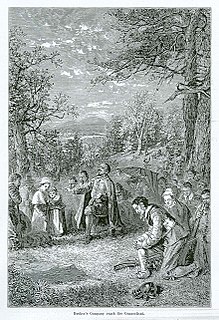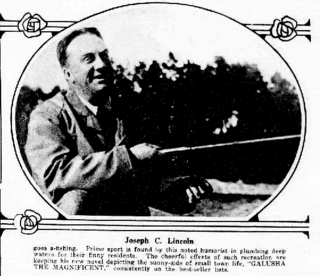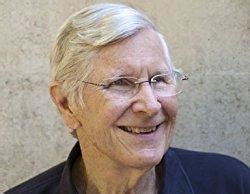A Quote by Shannon Lee
There have been projects out there involving my father, but they've lacked a complete understanding of his philosophies and artistry. They haven't captured the essence of his beliefs in martial arts or storytelling. The only way to get audiences to understand the depth and uniqueness of my father is to generate our own material.
Related Quotes
When the father dies, he writes, the son becomes his own father and his own son. He looks at is son and sees himself in the face of the boy. He imagines what the boy sees when he looks at him and finds himself becoming his own father. Inexplicably, he is moved by this. It is not just the sight of the boy that moves him, not even the thought of standing inside his father, but what he sees in the boy of his own vanished past. It is a nostalgia for his own life that he feels, perhaps, a memory of his own boyhood as a son to his father.
When the father is going on in his journey, if the child will not goe on, but stands gaping upon vanity, and when the father calls, he comes not, the onely way is this: the father steps aside behind a bush, and then the child runs and cries, and if he gets his father againe, he forsakes all his trifles, and walkes on more faster and more cheerefully with his father than ever.
'Go to My brethren, and say unto them, I ascend unto My Father, and your Father, and to My God, and your God' (Jn. 20:!7). He is our Father by grace through the Spirit of adoption (Rom. 8:15), but His Father by nature on account of His divinity. Similarly, He is our God as the creator of our human nature, but His God by reason of the dispensation whereby He became man. He made these distinctions so that we might understand the difference.
At 15 [my father] revolted against his father like any teenager, and said, "I'm out of here! What are you doing to me?" He thought he wouldn't be involved in that kind of stuff for the rest of his life. He just wanted to make money. He was one of those people who took over the family responsibility. His own father was pretty irresponsible with money and borrowed from people all the time.
The more successful sons and daughters know when to lean on their parents - and when to go their own way. George W. Bush helped run his father's presidential campaigns in 1988 and 1992. But in his winning campaign for governor of Texas, he never mentioned his father's name in any of his campaign commercials.
Christ sits in the body at the right hand of God the Father, but we do not hold that the right hand of the Father is actual place. For how could He that is uncircumscribed have a right hand limited by place? But we understand the right hand of the Father to be the glory and honor of the Godhead in which the Son of God, Who existed as God before the ages, and is of like essence to the Father, and in the end became flesh, has a seat in the body, His flesh sharing in the glory. For He along with His flesh is adored with one adoration by all creation.




































